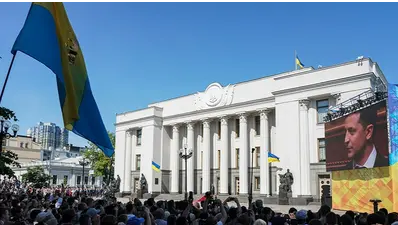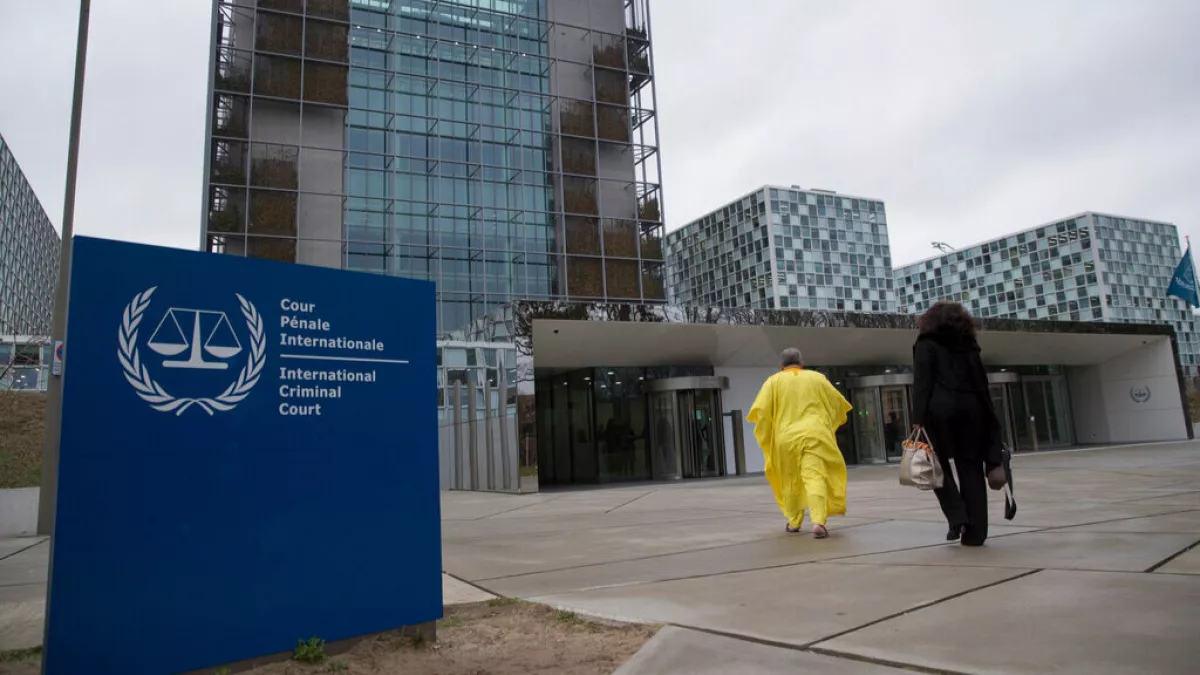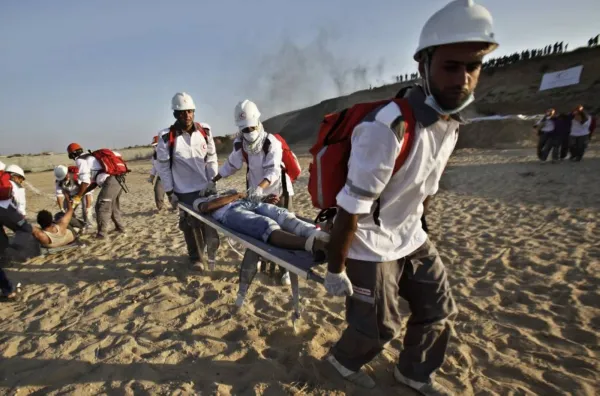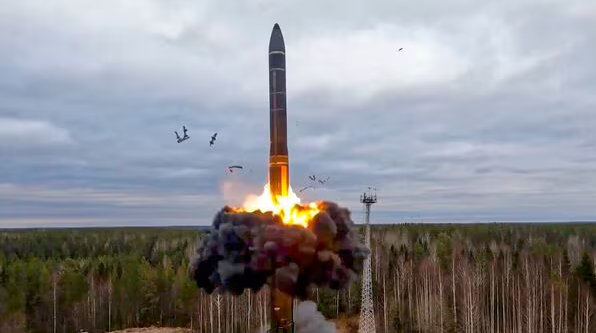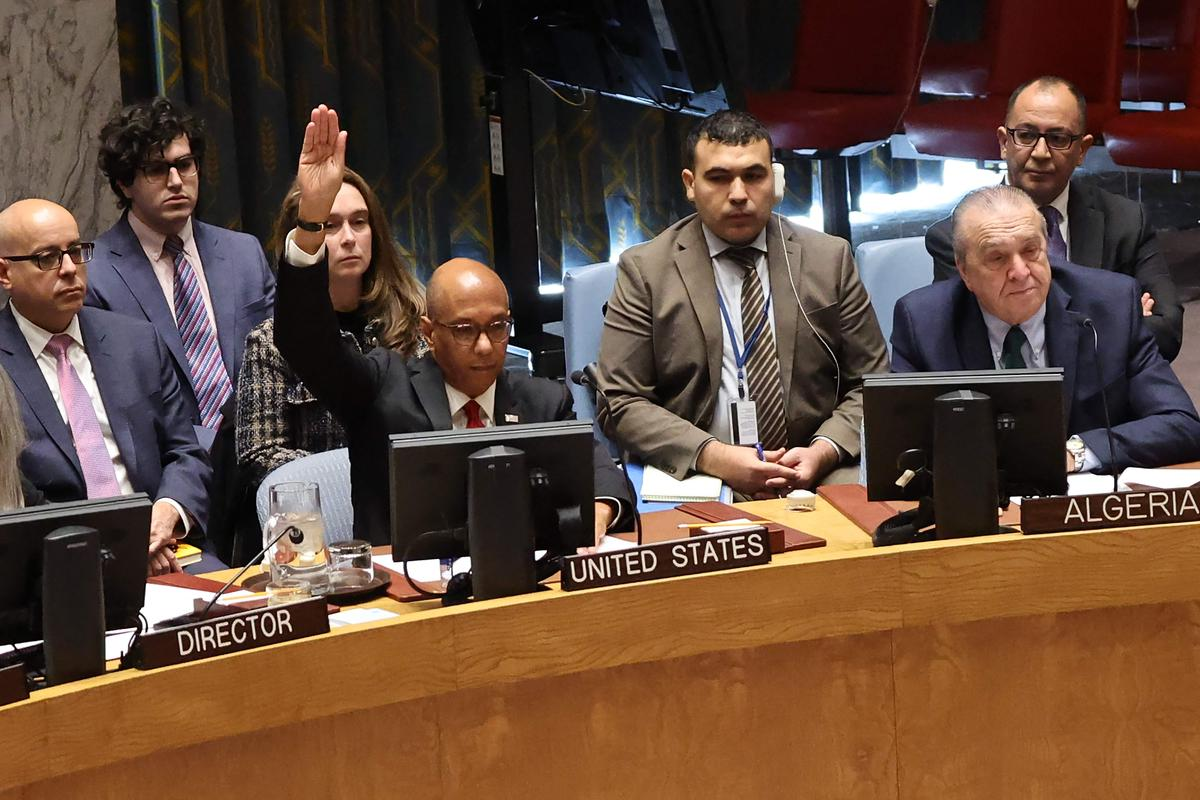.jpeg)
Gaza is in ruins after Israel's yearlong offensive
Associated Press Jerusalem: There are hills of rubble where apartment blocks stood, and pools of sewage-tainted water spreading disease. City streets have been churned into dirt canyons and, in many places, the air is filled with the stench of unrecovered corpses. Israel's yearlong offensive against Hamas, one of the deadliest and most destructive in recent history, has killed more than 41,000 people, a little over half of them women and children, according to local health officials. With no end in sight to the war and no plan for the day after, it is impossible to say when or even if anything will be rebuilt. Even after the fighting stops, hundreds of thousands of people could be stuck living in squalid tent camps for years. Experts say reconstruction could take decades. “This war is destruction and misery. It would make the stones cry out,” said Shifaa Hejjo, a 60-year-old housewife living in a tent pitched on land where her home once stood. “Whoever sees Gaza ... It will make them cry.” Israel blames the destruction on Hamas. Its October 7 attack on Israel in which some 1,200 people were killed and around 250 taken hostage ignited the war. Israel says Hamas embedded much of its military infrastructure, including hundreds of kilometers (miles) of tunnels, in densely populated areas where some of the heaviest battles were fought. The fighting left roughly a quarter of all structures in Gaza destroyed or severely damaged, according to a U.N. assessment in September based on satellite footage.
The devastation in Gaza rivals front-line towns in Ukraine: Almost as many buildings have been destroyed or damaged in Gaza as in all of Ukraine after its first two years of war with Russia, according to Corey Scher and Jamon Van Den Hoek, U.S.-based researchers who use satellite radar to document the wars' devastation. To put that into perspective: Gaza is less than half the size of Ukraine's capital, Kyiv. The amount of destruction in central and southern Gaza alone, Scher said, is roughly equivalent to what was lost in the frontline town of Bakhmut, the scene of one of the deadliest battles in the Ukraine war and where Russian forces destroyed nearly every building in their path to force Ukrainian troops to withdraw. The destruction in northern Gaza is even worse, he said. Gaza's water and sanitation system has collapsed. More than 80% of its health facilities and even more of its roads are damaged or destroyed.
'I couldn't tell where people's homes were': When Israeli ground forces pushed into the southern city of Khan Younis in January, Shifaa Hejjo and her family fled their four-story home with only the clothes they were wearing. They spent months in various tent camps before she decided to return – and the sight brought her to tears. Her entire neighborhood had been destroyed, her former home and the roads leading to it lost in a sea of rubble.
Can Gaza be rebuilt?: Wealthy Arab countries like Saudi Arabia and the United Arab Emirates have said they are only willing to contribute to Gaza's reconstruction as part of a postwar settlement that creates a path to a Palestinian state. Israeli Prime Minister Benjamin Netanyahu has ruled that out, saying he won't allow Hamas or even the Western-backed Palestinian Authority to govern Gaza. He has said Israel will maintain open-ended security control and delegate civilian affairs to local Palestinians.
 English daily published in Bengaluru & Doha
English daily published in Bengaluru & Doha

